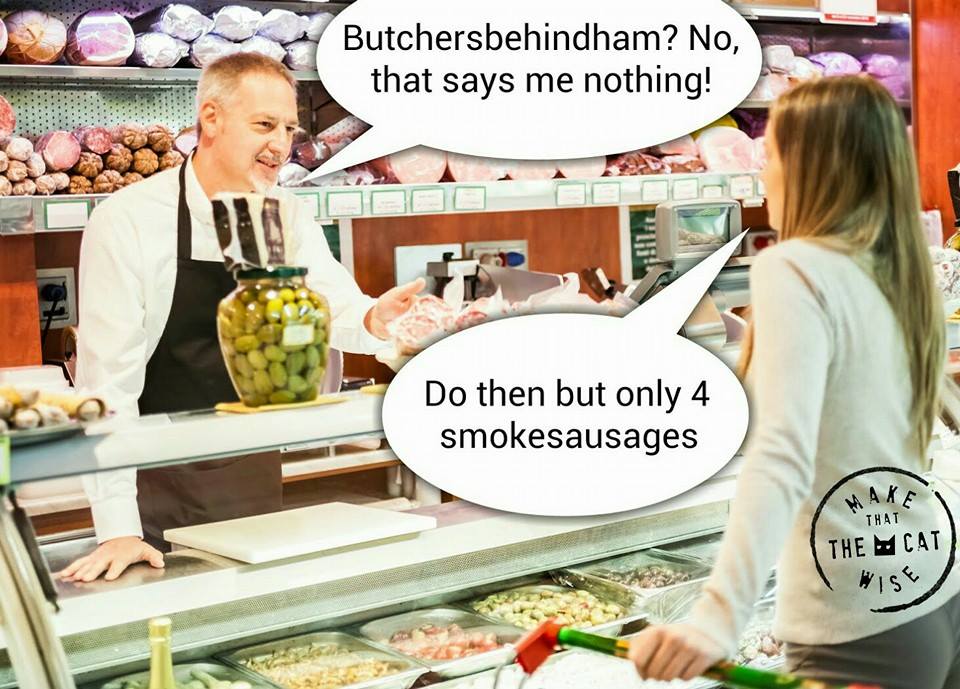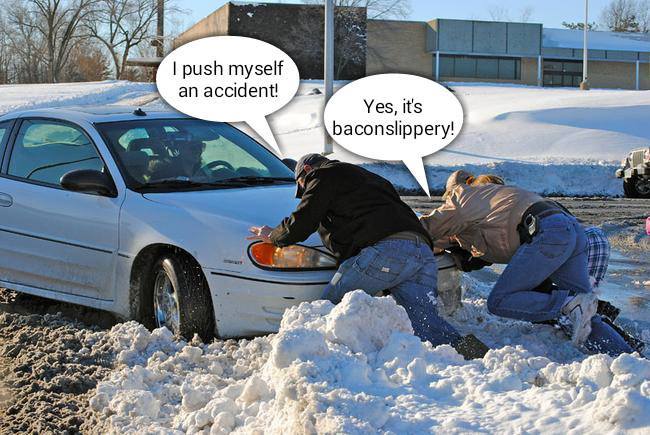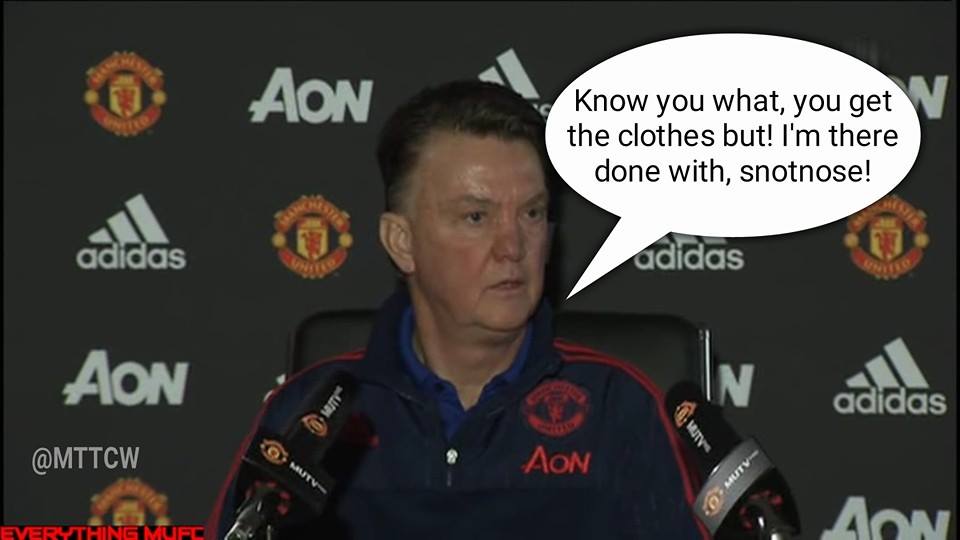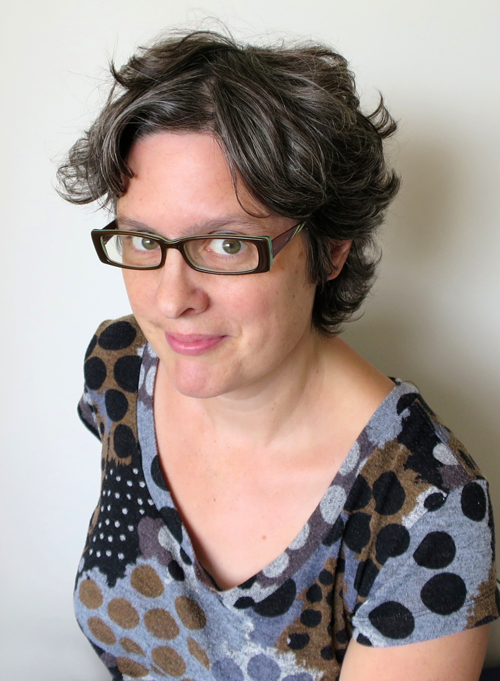
Dunglish is, without doubt, the most delightful language that ever existed. Any native English-speaker who has spent more than a few years living in the Netherlands will get their daily kicks out of spotting it, or even better – hearing it coming unexpectedly out of their own mouths.
For English-speakers, Dunglish is a badge of pride. Everyday English is peppered with little clues to your bilingual prowess, even if you can’t, in fact, string a proper Dutch sentence together. It’s a good step on the way though – if you your word order in the Dutch always wrong have, then what better way to practice than stringing your English words together Dutch-style? If your children want to eat poffertjes, what the hell would you call them in English anyway?
As languages go, English and Dutch are very close relations. It was only in the early middle ages that they diverged from their common proto-Germanic ancestor. Pioneering English printer, William Caxton, pointed out in the 15th century that Old English was “more like to Dutch than to English”. I often notice aspects of Dutch which remind me of Shakespearean English, and even more so of Scots – licht, dochter, kerk, and ken are a few, off the top of my head.
That common ancestry makes it a pure delight to mix and match Dutch and English. “Where is the remote?” asked my husband the other day. “Here is it,” I said, handing it to him. Oops. Hier is het in Dutch, here it is in English. Way too easy to mix up. My youngest – brought here from Scotland at the age of two – breezes through life speaking two languages beautifully intertwined. “We are out each other because she laughed me out on the schoolplein.” Yes dear.
And we have caught ourselves a few times recently tennissing. I think we have almost forgotten how to play tennis the English way. Which is worrying, seeing as it’s my job to pick up on Dunglishisms and eliminate them from English texts. I hope I can still tell the difference in a few years’ time.

The Dutch have their own name for Dunglish. It’s called steenkolenengels – or coal English – with reference to the creative English historically spoken at the ports by Dutch workers meeting English cargo ships full of coal. In this case it’s not a conscious bilingual choice, but the unfortunate effect of trying to speak English and not quite succeeding.
A whole industry has sprung up around steenkolenengels, celebrating its linguistic absurdity, but also laughing at instances where Dutch people have stumbled into it unknowingly, doing their best with overly literal translations or with a sprinkling of Dutch words lurking hilariously – sometimes explosively – among the English.
Famously, for example, when the Dutch foreign minister Joseph Luns met John F Kennedy, he told him “I fok horses”. “Pardon??” asked a shocked JFK. “Yes, paarden!” answered Luns. Priceless. Although some say it’s just a monkey sandwich story.
And during the war, Churchill apparently said to his Dutch counterpart, “Spring is in the air”. Gerbrandy replied, “Why should I?”.
As a copy editor I get used to seeing certain words misused on a regular basis. Eventually is one of them: in Dutch, eventueel means potentially, not eventually. This apparently caused a diplomatic incident not so long ago, when the Belgian football association stated that their team would “eventually” beat the Scottish team. Sometimes ant fornication is necessary to keep us angry Scots at bay.

Linguistic similarity is a dangerous thing. In almost every report I edit, I find myself removing the phrase “so-called”. In Dutch it is a neutral, academic term; in English it has the potential to start wars.
There’s a never-ending stream of Dunglish clangers to be enjoyed on Make That the Cat Wise, a veritable treasury of bilingual botsingen. But beware: this should never be about English speakers laughing at Dutch people, or the mockery of those who are uncomfortable in English. Anyone who has learned a language knows they have to be prepared to make a fool of themselves along the way. It’s part of the process, and a heroic act in my book, far braver than hiding inside one’s monoglot bubble. An impressive 75% of Netherlanders speaks at least two languages, compared with a miserable 18% in the UK. Good for you, Dutchies.
Then there is another way of looking at it. Dunglish, says one expert, is a national language in its own right; not bad English, but Dutch English. Scholar Alison Edwards draws parallels with the English spoken in former colonies such as India, which has its own well-established character and rules. But if she’s right, then I’m in trouble. If Dunglish were an acceptable language in which to write international reports, I’d be out of a copy-editing job. Or maybe not… Dunglish have I in middle also under the knee.
Find you not?
_______________________________________________________
 About Catriona
About Catriona
I love to tell stories. My career has covered many bases, but communication has always been at the heart of everything I do. From journalism, politics and PR to art and design; from broadcast animation to published picture books and copy editing, it’s all about making people look and listen, and love what they hear.
Looking for a copy editor to sort out your Dunglish? Get in touch!